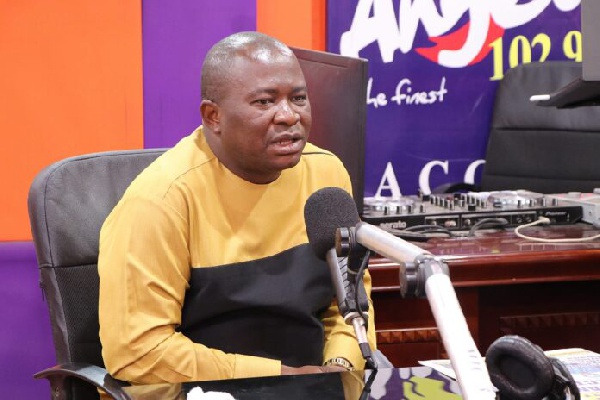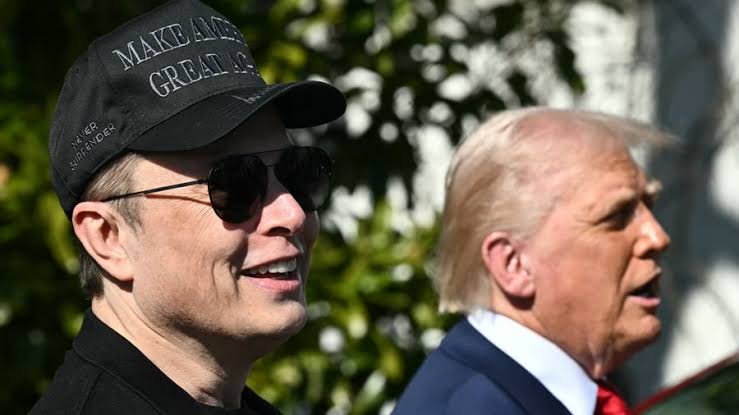What does US President Donald Trump's new travel ban mean? - DW - 06/05/2025
This time it is not a new executive order but a presidential proclamation that is causing a worldwide stir. The policy signed by US President Donald Trump on Wednesday is entitled "Restricting the Entry of Foreign Nationals to Protect the United States from Foreign Terrorists and Other National Security and Public Safety Threats" and due to take effect on June 9.
Like executive orders, presidential proclamations are one of the instruments with which a US president can implement the administration's will, particularly regarding national security and immigration. Unlike laws, these documents do not require the approval of Congress. However, they must be based on powers granted by law. In terms of content, Trump's new proclamation ties in with previous travel bans imposed during his first term as president, which the Supreme Court upheld in 2018.
The proclamation bans entry to the US for all nationals from Afghanistan, Myanmar, Chad, the Democratic Republic of Congo, Equatorial Guinea, Eritrea, Haiti, Iran, Libya, Somalia, Sudan and Yemen, regardless of their reasons for travel, unless the State Department deems their entry into the US to be in the national interest.
In addition to these 12 countries, there are seven more whose nationals will face partial restrictions: Burundi, Cuba, Laos, Sierra Leone, Togo, Turkmenistan and Venezuela. Stricter visa checks and restrictions will apply, but these will also be case-dependent. A wealthy businessperson might be allowed to enter, while tourists or students could face higher hurdles.
In a video published on social media, Trump cited Sunday's attack in Boulder, Colorado, saying it "underscored the extreme dangers posed to our country by the entry of foreign nationals who are not properly vetted." He also said that nationals from certain countries posed "significant risks" of overstaying their visas.
An Egyptian man has been charged with injuring several people when he hurled Molotov cocktails at a demonstration calling for the release of Hamas-held hostages in Gaza. According to the US Department of Homeland Security, he had overstayed his tourist visa.
Egypt is not listed in Trump's newest proclamation.
In the proclamation, the Republican president argues that the countries affected by the new travel ban do not provide enough information on their nationals to assess potential security risks. Some countries listed — Iran and Cuba, for example — the US designates as "State Sponsors of Terrorism." This new ban will tighten up already existing measures.
The Trump administration has criticized the fact that some countries do not take back their nationals when the US requires them to leave.
However, critics have speculated that the ban has political and economic reasons, pointing out that Saudi Arabia and other countries, with which the Trump family has close business ties, will not be affected.

• Green Card holders
• Dual nationals with a US passport
• Athletes and coaches participating in "major" competitions in the US
• Afghan nationals, who worked for or on behalf of the US government or ISAF, with Special Immigrant Visas (SIV)
• Iranian nationals with immigrant visas for ethnic and religious minorities facing persecution in Iran
• Foreign diplomats and representatives of international organizations on official visits to the US
• Close relatives of US citizens (parents, children, spouses)
• Adopted children of US citizens
• Certain foreign national employees of the US government who have served abroad for at least 15 years
• Those who were granted asylum or admitted to the US as refugees before the ban came into effect
If not exempt, those nationals from the banned countries will no longer be able to enter the US from June 9 for business trips, educational travel or family visits. The decision is also likely to have economic repercussions. The poorer countries on the list in particular, such as Haiti and Yemen, have benefitted from trade ties with the US, as well as remittances sent by people living and working in the US.
Human rights groups have slammed the travel ban as being racist and discriminatory, pointing out too that refugees and asylum-seekers from conflict regions will now lose access to protection programs in the US.
Trump also announced specific measures to block new foreign students from attending Harvard University, whom he accused of developing "extensive entanglements with foreign countries, including our adversaries" and flouting "the civil rights of its students and faculty." In his proclamation, he stated: "I have determined that it is necessary to restrict the entry of foreign nationals who seek to enter the United States solely or principally to participate in a course of study at Harvard University or in an exchange visitor program hosted by Harvard University. "
Initially, entry to almost all foreign nationals seeking to study or participate in educational programs at Harvard will be suspended for six months. The suspension period could be extended. The US State Department will be directed to examine whether to revoke the existing visas of students at the university.
In a statement, Harvard said this was " yet another illegal retaliatory step taken by the administration in violation of Harvard's First Amendment rights." Earlier this year, Harvard President Alan Garber wrote that the university, which is based in Cambridge, Massachusetts, would not "surrender its independence or relinquish its constitutional rights."
This article was translated from German.











